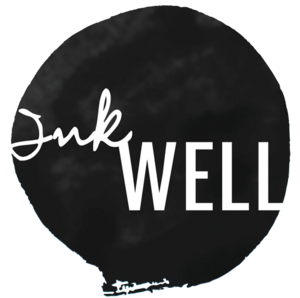A few years ago, after writing a fictional piece that referenced a very traumatic personal experience, I was wiped out for three days. Unable to leave my couch. I self-medicated my triggers by binging on YouTube videos, cigarettes and junk food. This was the moment when I decided that I needed to implement a regime of self-care in my writing practice. I’m not a professional psychiatrist or mental health worker, but I can offer you advice on what has worked for me and hopefully some of my practices may work for you as well.
I will divide this advice into three separate segments: self-care before, during and after the writing process.
Before the writing process, I energize. I exercise in order to release endorphins that help to combat the hurricane of emotions that may come crashing down upon me when I am triggered while writing.
Then again, I might become zen - mindfulness practices such as immersing myself in thoughts to a guided meditation or practicing a few yoga postures to remind myself to stay present in the moment. This helps to remind me that I am not in the past but in a safe place.
During the writing process, I have a shawl or blanket to wrap around me. This is my way of giving myself a comforting hug if I feel like I need it. I have a soothing hot drink such as one of my favorite teas, or a warm cup of cocoa.
In the event that I am feeling dangerously overwhelmed with triggers while writing, I simply put it on hold and return to it when I am in a much stronger, safer head space.
Some of the self-care methods I have used after writing a piece that has turned out to be extremely triggering for me include going for a long walk either outdoors or on the treadmill, or swimming at the community centre. I might decide to watch an entertaining movie or visit an art gallery.
If I am really feeling dangerously engulfed with triggers from the writing session, I might arrange to have coffee with a close and understanding friend for emotional support.
Last, but most important of all, I believe in rewarding myself with a treat for having had the courage to attempt to write an emotionally painful piece. An example would be a fun social evening out with friends, a really entertaining movie, or what I call a spa day for the soul where I might go on a hike in nature or forest bathing. I believe it is important to end the writing process of traumatic experiences with a reward not only to remind myself that I am a survivor but also to remind myself that this is my story and I deserve the right to tell it.
Pamela Chynn

